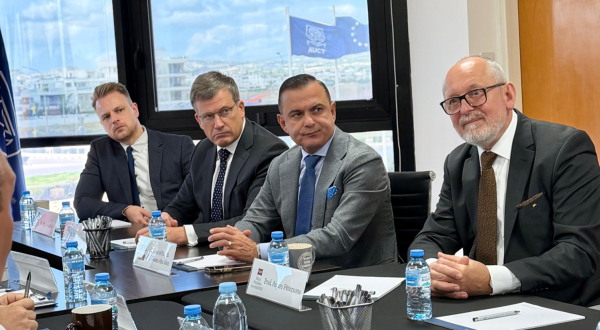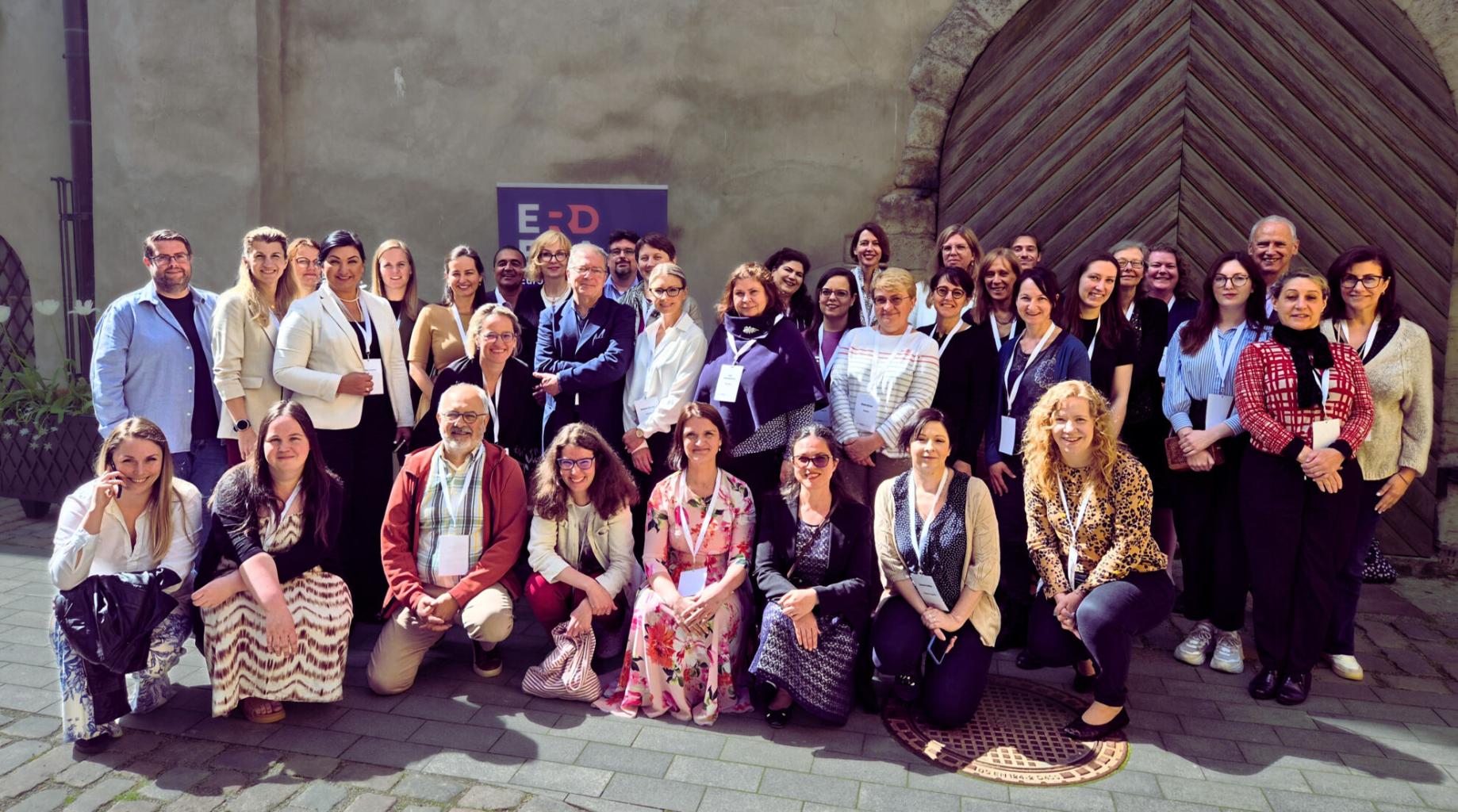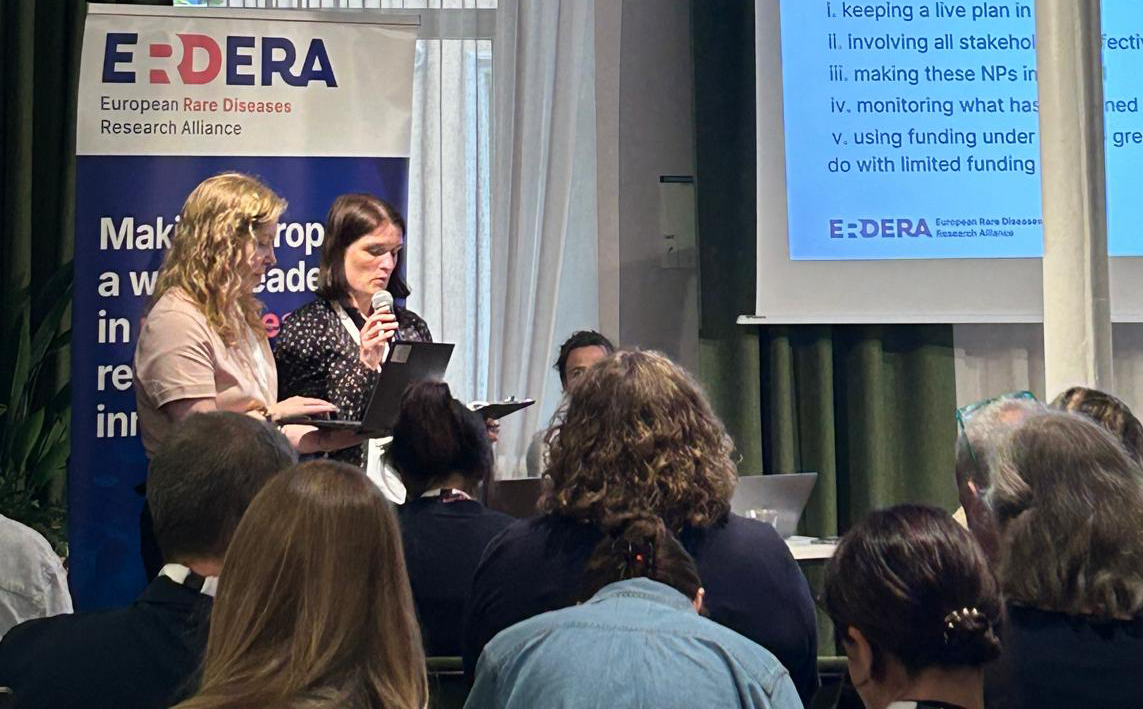International Workshop on National Plans for Rare Diseases Held in Rīga
As part of the European Joint action in rare diseases ERDERA, on 2 and 3 June, an international workshop took place in Rīga focusing on countries' experiences in developing and implementing national plans and strategies in rare diseases.
The event was attended in person by representatives from 23 countries, including Canada and New Zealand, with a total participation from 31 countries. In working groups, doctors, laboratory specialists, researchers, patient advocates, and health ministries shared their experiences, best practices, and also the mistakes made. The title of the workshop was “How to maximise the power of national plans for rare disease, and strengthen their capacity to foster rare disease research?”
Special attention was given to the importance of research and its inclusion in national plans. Discussions emphasized that research is a crucial for effective diagnosis, treatment, and care of rare diseases. One of the key takeaways was: “Together we can do more!” – by sharing information and experiences, it is possible to significantly strengthen the rare disease field across Europe and beyond.
The importance of international initiatives and collaborative projects was also highlighted, such as EATRIS (European Infrastructure in Translational Medicine) and JARDIN (Joint Action integrating the European Reference Networks (ERNs) for Rare and Complex Diseases into national healthcare systems), which promote knowledge exchange and the implementation of innovations in practice. This approach is also supported by the World Health Organization, which on May 25, 2025, adopted the resolution “Rare Diseases: a Global Health Priority for Equity and Inclusion”, calling on countries to recognize rare diseases as a global health priority and to promote an inclusive approach to healthcare.
The seminar was organized by the Children’s Clinical University Hospital in collaboration with the ERDERA project, and actively involved other Latvian partners in the project – Riga Stradiņš University, the Ministry of Health of the Republic of Latvia, SIFFA, the Rare Disease Alliance, and the Hemophilia Patients Association. The event was held both in person and online.
Seminar recording and interviews
The insights gained will be a valuable contribution to the development of Latvia’s National Plan for Rare Diseases for 2026–2027. Concluding the seminar, Assoc. Prof. Madara Auzenbaha (pictured, right) emphasized the importance of developing national plan with measurable and assessable outcomes, ensuring more successful implementation.
Related news
 RSU management discusses development of medical education cooperation at high-level meetings in Cyprus International Cooperation
RSU management discusses development of medical education cooperation at high-level meetings in Cyprus International Cooperation




